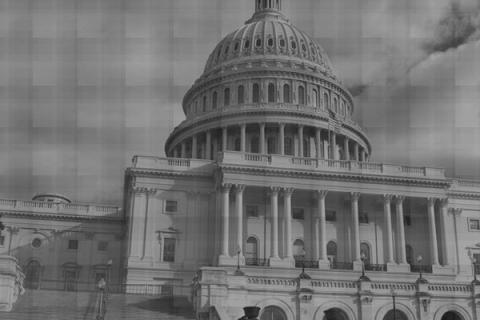Mark Zuckerberg, founder of Facebook, recently made headlines for his involvement in the immigration reform debate. With his new social welfare group FWD.us, he favors an increase in the number of visas for skilled workers.
Zuckerberg and other Silicon Valley's leaders favor a specific type of immigration reform that directly benefits their businesses; specifically, the expansion of the H-1B visa program to allow for the continued employment of skilled workers.
Under the current system, the U.S. Citizens and Immigration Services (USCIS) limits the number of H-1B visas available to 65,000,with an additional 20,000 for applicants with a master’s degree from an American university.
The United States is currently facing a shortage of skilled labor, especially in STEM (Science Technology Engineering and Math), that foreign workers, often educated in the US, could fill.
This shortage is due to a number of reasons. A critical number of high-skilled americans are reaching retirement ages. For example, 40 percent of computer programmers in the US are at least 45 years old.
There is also not enough young Americans graduating with degrees from these specific areas. In the coming years, as major investment will be needed to improve the US's overhall infrastructure that is aging, the country will need a high number of engineers. However, US schools only produce 6.3 percent of the world's engineers while China produces 63.8 percent.
Not only does the United States need these skilled workers, but once in the country they actively participate in the economy. In 2011, immigrants started 28 percent of new business while only representing 12.9 percent of the population.
After considering the following infographic, provided by Visual.ly, how should the US government reform its immigration laws regarding skilled workers?
Credit: Visual.ly
